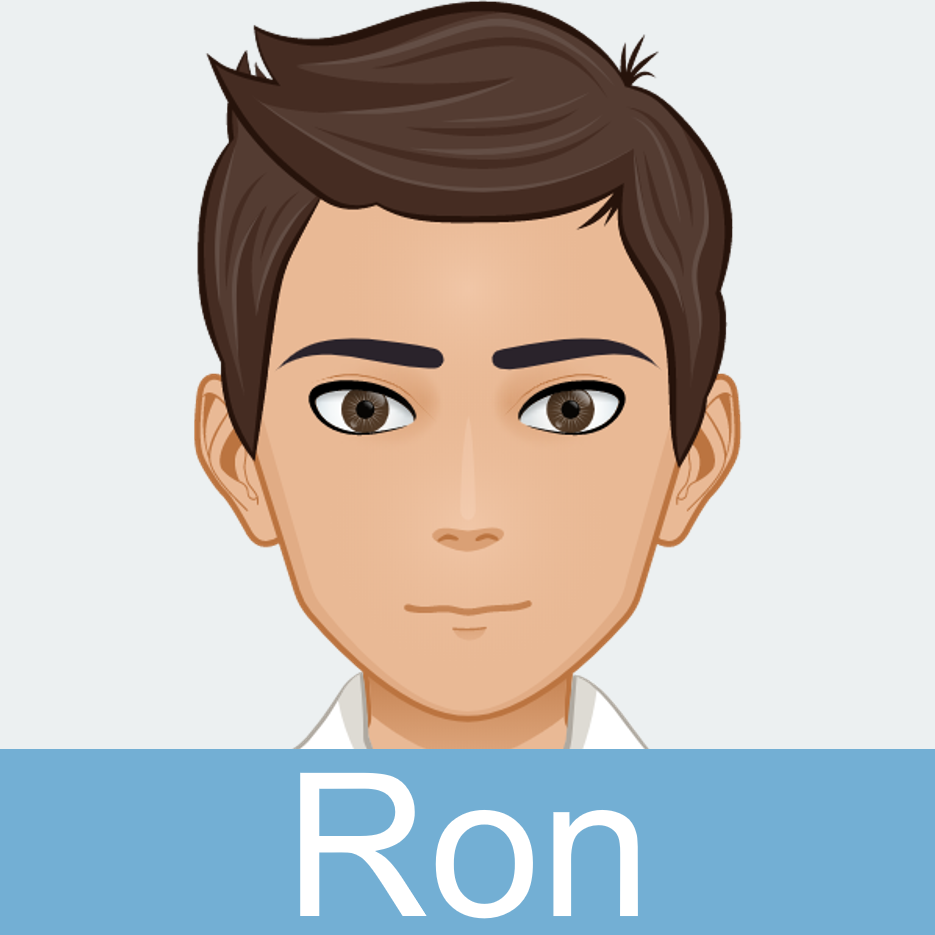LESSON GOAL
Let’s check our lesson goal.
In this material, you will learn how to talk about education and learning other languages in an advanced English conversation.
In this material, you will learn how to talk about education and learning other languages in an advanced English conversation.
このレッスンのゴールを確認しましょう。
この教材では、教育と外国語学習について話す練習をします。
この教材では、教育と外国語学習について話す練習をします。
PART A_1
Let’s read the dialogue. I will be Alice and you will be Ron. After reading it once, we’ll switch roles.
PART A_2

Can I borrow your car, brother? I’m taking French Language proficiency exams this Saturday.
|
No problem. I didn’t know you’re learning French. When did you start?
|

I started four months ago. I’m planning to take my master’s degree in France, so I figured learning French will be a great help.
|
That’s true. French is a beautiful language. I would love to learn another language, too. However, I don’t think I have the time and patience for it.
|

You can, if you will, brother. I remember you took Japanese language classes in high school.
|
Sure, I did. I might start relearning Japanese when I decide to work there. |
PART B_1
Let’s talk. Please answer my questions. You may ask me questions, too.
PART B_2
| 1. | What subjects were you good and bad at when you were a student? |
| Answer: | |
| 2. | What do you like best about the education in your country? |
| Answer: | |
| 3. | Is it easy to get a job for those who didn’t go to college? |
| Answer: | |
| 4. | Is college education expensive in your country? |
| Answer: | |
| 5. | What do you think are the things that should be improved in the education in your country? |
| Answer: | |
| 6. | How many languages do you speak? |
| Answer: | |
| 7. | How did you learn your second language? |
| Answer: | |
| 8. | What’s the best way to learn a foreign language? |
| Answer: | |
| 9. | Which do you think is the most difficult language to learn? |
| Answer: | |
| 10. | What languages would you like to learn in the future? |
| Answer: |
REVIEW AND FEEDBACK
Now, let us review the things that you learned in this lesson.
ではこのレッスンで学んだことを振り返りましょう。
(Please give a short feedback on how your student did on your class.)
| Grammar 文法 |
Pronunciation 発音 | Vocabulary 単語 |
Comprehension 理解 |
|
|---|---|---|---|---|
 GOOD GOOD |
文法の誤りはほとんどなく、完全な文章で話すことができる | ほとんどの単語をはっきりと正しく発音することができる | 習った表現を適切に使うことができる | 文章を理解し、質問に正しく答えることができる |
 FAIR |
文法の誤りはあるが、完全な文章で話すことができる | 発音の練習が必要な言葉がいくつかある | たまにミスはあるが、習った表現を適切に使うことができる | 文章を完全に理解するのは難しく、質問に正しく答えられないときもある |
 POOR |
文章で話すのは難しく、単語だけで話すことができる | 発音の練習が必要である | 習った単語と表現を少しだけ使うことができる | 文章を理解するのは難しく、質問に答えるのは難しい |
レッスン教材に関するアンケートのお願い
レッスン教材の改善・拡充を図ることを目的とし、アンケートを実施しております。
以下のURLからアンケートにお答えいただき、 ご意見・ご要望をお聞かせください。
アンケートはこちら